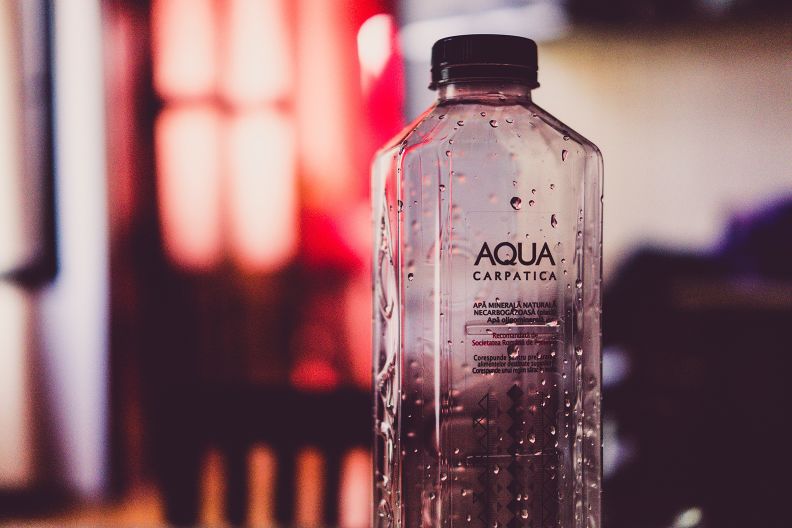Recyclable, biodegradable and biocompostable – which route to go down

It’s fair to say David Attenborough’s Blue Planet series has sent a shockwave through the British public’s communal conscience when it comes to plastic usage. As a result, the environmental credentials of any packaging has become more important than ever before. In fact, many consumers nowadays are opting for brands that are more mindful of the environment when it comes to their choice of packaging, compared to those that are less considerate. According to Waitrose and Partners, 88% of people who watched the Blue Planet series have changed the way they use and perceive plastics.
In an effort to upload their ‘green’ packaging pledges, more and more retailers and manufacturers are researching sustainable packaging solutions for their products, exploring options like recyclable, biodegradable and biocompostable materials. But what do they actually mean and which is best?
To help you get to grips with the increasing array of green packaging solutions available, we’ve outlined the options below.
Recyclable
‘Recyclable’ is the most common route to go down when opting for more environmentally-friendly packaging. Recycling is the process of converting used materials into something new; prolonging the time before it likely ends up in a landfill. However, there are limits on how many times some materials can be recycled. For example, standard plastics and paper can only be recycled a few times before they become unusable, whereas metal, glass and aluminium can be recycled almost limitlessly.
A material that has really started to shine through as an environmental alternative to plastic is corrugated cardboard. It’s surprisingly versatile and can be engineered to provide a surprising amount of strength and durability in the supply chain. What’s more, corrugated cardboard has a recycling rate of around 84% in the UK; which is the highest recycling rate of any packaging type. To put that into perspective, every 4 months, an area the size of Greater London is saved from landfill by recycling corrugated cardboard alone.
To ensure products are kept in circulation for longer, we recommend retailers and manufacturers including clear recycling information on their packaging for the consumer.
Biodegradable
When packaging is deemed to be biodegradable, it means it can be broken down naturally into carbon dioxide, water and biomass through microorganisms like bacteria and fungi. Some products will break down naturally by themselves anyway, but many take years to do so. Banana skins for example, can take up to 3 years to biodegrade.
Biodegradable plastic bags are becoming extremely popular in the UK, particularly for large supermarket chains. As the plastic bags start to break down, they turn into smaller pieces of plastic which are then left to decompose in a landfill.
Because biodegradable packaging needs to break down easily, it uses much less energy to produce. During production, eco-friendly packaging typically requires half as much energy to produce compared to non-degradable packaging.
The marketing opportunities that come with biodegradable packaging are significant too. Increasingly, some consumers are only purchasing groceries and household products that use biodegradable packaging. Biodegradable packaging delivers a huge competitive advantage for businesses using it for the products over their competitors who haven’t embraced it yet; enhancing sales and brand reputation.
Biocompostable
Biocompostable packaging, also known as compostable packaging, is made from natural materials which fully decompose into compost. It’s fairly similar to the biodegradable process but with an added benefit: when the plastic starts to break down, it releases valuable nutrients into the soil, aiding the growth of trees and plants.
So if you were to start using biocompostable materials for your packaging, would there be an increase in ROI? A study by The Economic Intelligence Unit found that 74% of companies they asked agreed that operating in an environmental way had a positive effect on their finances.
If you’re thinking about enhancing your product with recyclable, biodegradable or biocompostable packaging, Paramount Packaging Systems are a leading supplier of Fuji Machinery & Co Ltd’s horizontal and vertical flow wrapping machines; which are able to process eco-friendly materials. If you’re looking to review your packaging machinery, speak to our team on 01252 815 252.